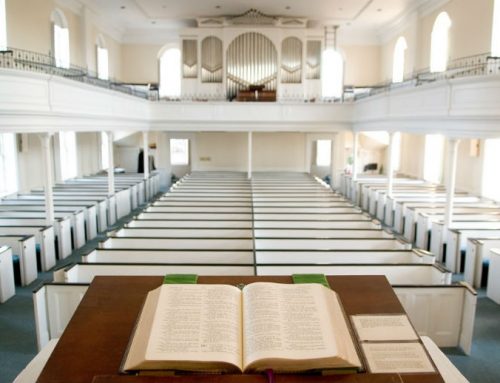This week, we explore the world of Ruth – one of the most refreshing, astonishing and pleasant books found in the scriptures, in my humble opinion. I suggest you read the whole book – just 4 chapters, and by any standard, a delightful, engaging story. (If you clicked that last link – keep clicking ahead to the end).
It’s odd that after all the ugly, xenophobic and internecine warfare of Joshua and Judges (especially the incredible brutality that immediately precedes Ruth – go ahead…read it) – comes this book, almost a pastoral idyll, a most pleasant happily-ending “comedy”.
Interesting that in Joshua and Judges, the Israelites often seem to hear the voice of God inciting them to ethnic cleansing: to purify the towns they conquer of any foreign man, woman, child – even animal. But in this story, we encounter a story whose heroine (Ruth) is both a woman, and a foreigner – who turns out to be the ancestor of David, the prototypical King of Israel. Such a fact would have been a shock to the ethnic purists we see in Joshua-Judges!
Moreover – it seems to be saying that one is a Jew – a child of the covenant – not just by birth; but through the choices one makes. Righteousness is not a genetic trait unique to Jews; it’s a quality of God bestowed by human choice-making, no matter your tribe.
Ruth is the archetype of faithfulness: believing in a concept of familial love and trust that goes beyond her own race, and even self-interest. Yet it is this very faithfulness – her choices – by which she, and Naomi, and the future King David, secure the blessing of God.
Here’s what is rattling around my head in preparation for the sermon. Ruth does not take her world as a given – when her husband dies, and it looks bleak. You might say that Ruth “constructs a world” for herself, out of the choices she makes. She could have gone off on her own to fend for herself – but she chooses to be faithful to her mother-in-law Naomi and, like Abraham, to follow her toward an unknown destiny: “whither thou goest, I will go.”
The other story that churns in my mind…bear with me here. Sisyphus. He of rock-rolling fame. There’s an essay I read years ago, by Camus, called “The Myth of Sisyphus”. The essay – check it out – has to do with the question: does Sisyphus have a choice? Sure, the gods have fated him with an absurd (Camus’ word) existence. But…does he have a choice about his relationship to that task, to that rock, to that fate?
And…most important. How does this story (these stories) hit us in the gut and heart, as we encounter the often-seeming absurd destiny that is our life? To what degree do we have choices in relation to what seems “fated”? Like Ruth and Sisyphus?
I myself have seen people…people who made choices that landed them in horrible circumstances; and people who through no fault of their own, found themselves in circumstances that are awful…but people who through their own faithfulness and trust in God’s grace and power, found a way to “make a heaven of hell,” to quote Milton’s great poem.
What do you think of the invitation to do that? Not just “always look on the bright side of life” (the song of Jesus and his compatriots at the end of Life of Brian), but to realize that God calls us to trust that, through the power of grace, good can come even from the cursed rock that we’re given…when we realize that in “each atom of that stone, each mineral flake of that night filled mountain, in itself forms a world.”
Comments?




